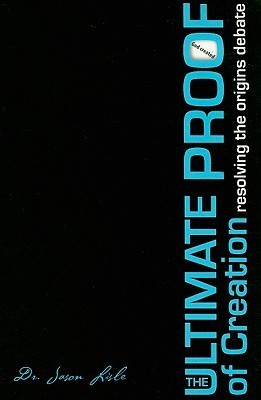What do you think?
Rate this book


256 pages, Paperback
First published January 1, 2009
If you can master the ultimate proof, you will not have to read a lot of other books on apologetics, or memorize a lot of scientific information. (Of course, it never hurts to do either of these as well.) Defending the Christian faith is not difficult once we learn how to do it properly. Most of it comes down to good, clear, logical thinking.The Nature of Evidence